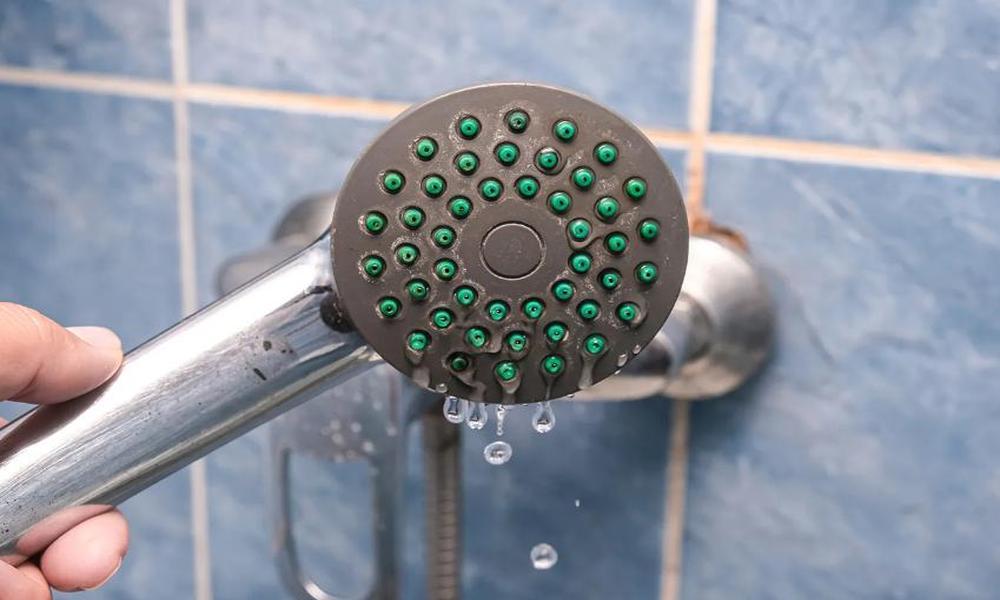
9 Tips to Fix a Leaking Shower in Perth – A Step-by-Step Guide
Leaks in the shower are a common problem in many homes in Perth. Water dripping from the showerheads or taps can be very annoying, and the constant sound of drips is highly distracting. You may be tempted to ignore the problem, but it can lead to significant problems in the long run, including water damage and the growth of mould and mildew. That’s why it is essential to address the issue as soon as possible.
This blog post will provide you with nine tips on how to fix a leaking shower in Perth.
Tips to Fix a Leaking Shower in Perth
Check the Showerheads:
One of the most common causes of a leaky shower is a faulty showerhead. The showerhead could either be leaking through the joint with the shower arm or through the nozzle holes. If the leakage occurs from the joint, then you need to tighten the connection using pliers or a wrench. If the leakage is through the nozzles, then you might need to replace the showerhead.
Examine the Taps:
Another reason for your leaking shower might be due to worn-out washers or O-rings in the taps. These components are responsible for stopping water flow when you close the tap. The frequent use of taps can cause these parts to wear out over time. The good news is that these components are cheap and can be bought from a plumbing store near you. Replacing these parts is an easy and quick fix.
Check the Water Pressure:
High water pressure can cause showerheads and taps to leak. Water pressure in Perth should not exceed 500 Kpa. If the water pressure exceeds the recommended level, you should install a pressure-limiting valve. If the water pressure is at an acceptable level, and there are still leaks, you might need to call in a professional plumber to check for underlying issues.
Inspect the Shower Grout:
The grout between the tiles of your shower is quite durable, but it can still wear out over time. When this happens, water can penetrate the tiles and leak out. You will need to re-grout the tiles to stop water from penetrating. Re-grouting is a time-consuming process, and you might need to ask for help from a professional to ensure you don’t cause more damage.
The Drain:
The leaking shower might also be coming from a faulty drain or waste pipe. These components can get clogged or damaged over time, causing leaks. In this case, you might need to unscrew the drain and check for any debris or damage. You can then clear it out with a plunger or replace it altogether.
Use A Water Leak Detector:
Suppose the above tips are not successful; you may want to invest in a water leak detector. These devices can detect the source of the leak even when it’s not visible to the naked eye. Water leak detectors are an excellent investment and can save you a lot of money in damages and water bills.
Hire A Professional:
If the above steps are not successful, it’s best to call in a professional plumber in Perth. Plumbers have the necessary skills and experience to locate and repair a leaking shower with minimal fuss. Professionals also have the right equipment to ensure the job is completed seamlessly.
Regular Maintenance:
Regular maintenance of your shower can help prevent leaks from occurring. Ensure that you clean your shower and bathroom regularly, and check for any signs of wear and tear. Regular cleaning can help you spot potential problems early and address them before they escalate.
Fix the Leak as Soon as Possible:
Last but not least, fixing a leaky shower as soon as possible is crucial. Ignoring the problem could lead to more significant issues like water damage and the growth of mould and mildew. Furthermore, the longer you leak, the more water you will waste in the long run, which will add up to your monthly bills.
Conclusion:
Leaking showers in Perth can be a common problem in many homes. Following the steps in this blog post can help you fix the problem, but it’s always best to call in a professional plumber if the issue persists. Remember to conduct regular maintenance checks and fix the leaks as soon as possible to prevent further damage.
